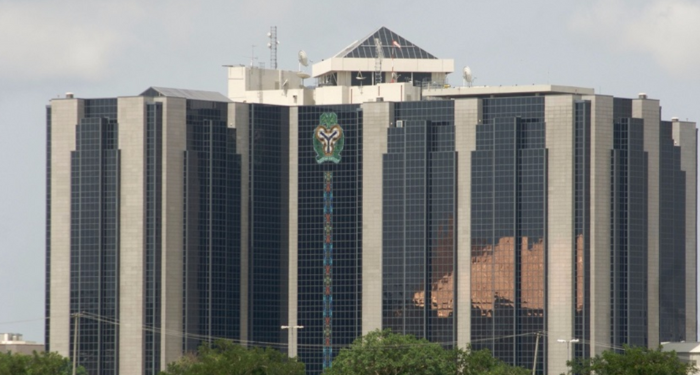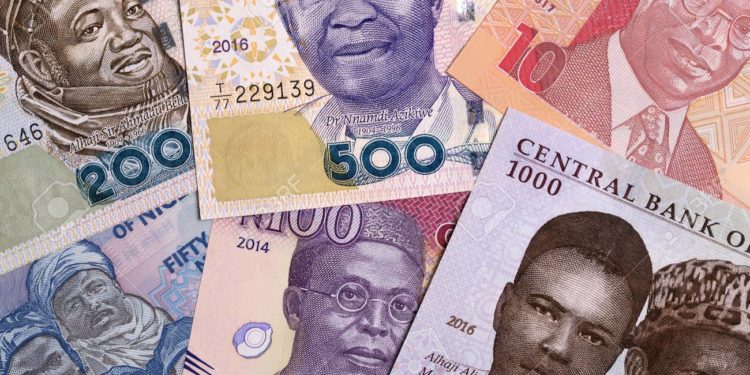The Federal Government spent N8.94 trillion on debt servicing in the first nine months of 2024, accounting for 47% of total expenditure during the period.
The amount represents a 56.8% increase from the N5.69 trillion spent in the same period of 2023.
This is according to an analysis of data from the quarterly statistical bulletin of the Central Bank of Nigeria (CBN).
The rising debt servicing cost highlights the growing burden of Nigeria’s debt obligations amidst widening fiscal deficits.
Debt-to-revenue ratio worsens
The debt-to-revenue ratio rose significantly, with debt servicing consuming 147% of retained revenue in the first nine months of 2024. This compares unfavorably to 2023, when the ratio stood at 132%.
The government retained N6.08 trillion in revenue during the period, while debt servicing costs overshadowed this figure. This trend indicates an increasing reliance on borrowing not just for budgetary operations but also for servicing existing debts.
Breakdown of expenditure
Recurrent expenditure rose sharply to N15.11 trillion in the first nine months of 2024, up by 45.6% from N10.38 trillion in the same period of 2023. Key components of recurrent spending included:
- Personnel costs: Increased by 20% to N3.59 trillion, from N2.99 trillion.
- Overhead costs: Rose by 51.4% to N892.85 billion, from N589.63 billion.
- Transfers: More than doubled, increasing by 83.8% to N1.31 trillion from N711.36 billion.
- Pensions and gratuities: Declined marginally from N339.66 billion in 2023 to N336.61 billion in 2024.
Capital expenditure also increased, rising by 20.8% to N3.86 trillion, compared to N3.19 trillion in 2023. However, the growth in capital spending remained modest compared to recurrent expenditure, underscoring how rising debt obligations continue to crowd out critical investments in infrastructure.
Fiscal deficit widens
The fiscal deficit expanded by 39.3%, rising from N9.25 trillion in the first nine months of 2023 to N12.89 trillion in the same period of 2024.
This growing deficit reflects the persistent gap between government revenue and expenditure, compounded by escalating debt servicing costs.
What you should know
During Nigeria’s 64th Independence Anniversary broadcast, President Bola Tinubu stated that his administration had reduced the debt service-to-revenue ratio from 97% to 68%.
He emphasized the need to end the cycle of borrowing to finance public spending and stressed that the country could not sustain a situation where 90% of revenue was spent on debt servicing.
- However, the latest CBN data contradicts this claim, showing the debt service ratio has worsened to 147% in 2024.
- Tileriwa Adebayo, CEO of The CFG Advisory, recently expressed concerns over the fiscal regime of President Bola Tinubu’s administration, describing the increase in debt servicing from N8 trillion in 2024 to N16 trillion in 2025 as a ‘red flag’.
- Adebayo noted that the escalating cost of debt servicing far outweighs critical national spending, including allocations to defence, security, infrastructure, health, and education combined.
- He emphasized the need for the government to restructure its financial commitments and adopt asset sales as a strategy to ease the debt burden.
- Adebayo advised the government to explore other financing options, including key asset sales, to reduce the reliance on borrowing.
The growing debt servicing burden, widening fiscal deficit, and declining fiscal space raise concerns about Nigeria’s fiscal sustainability.
























